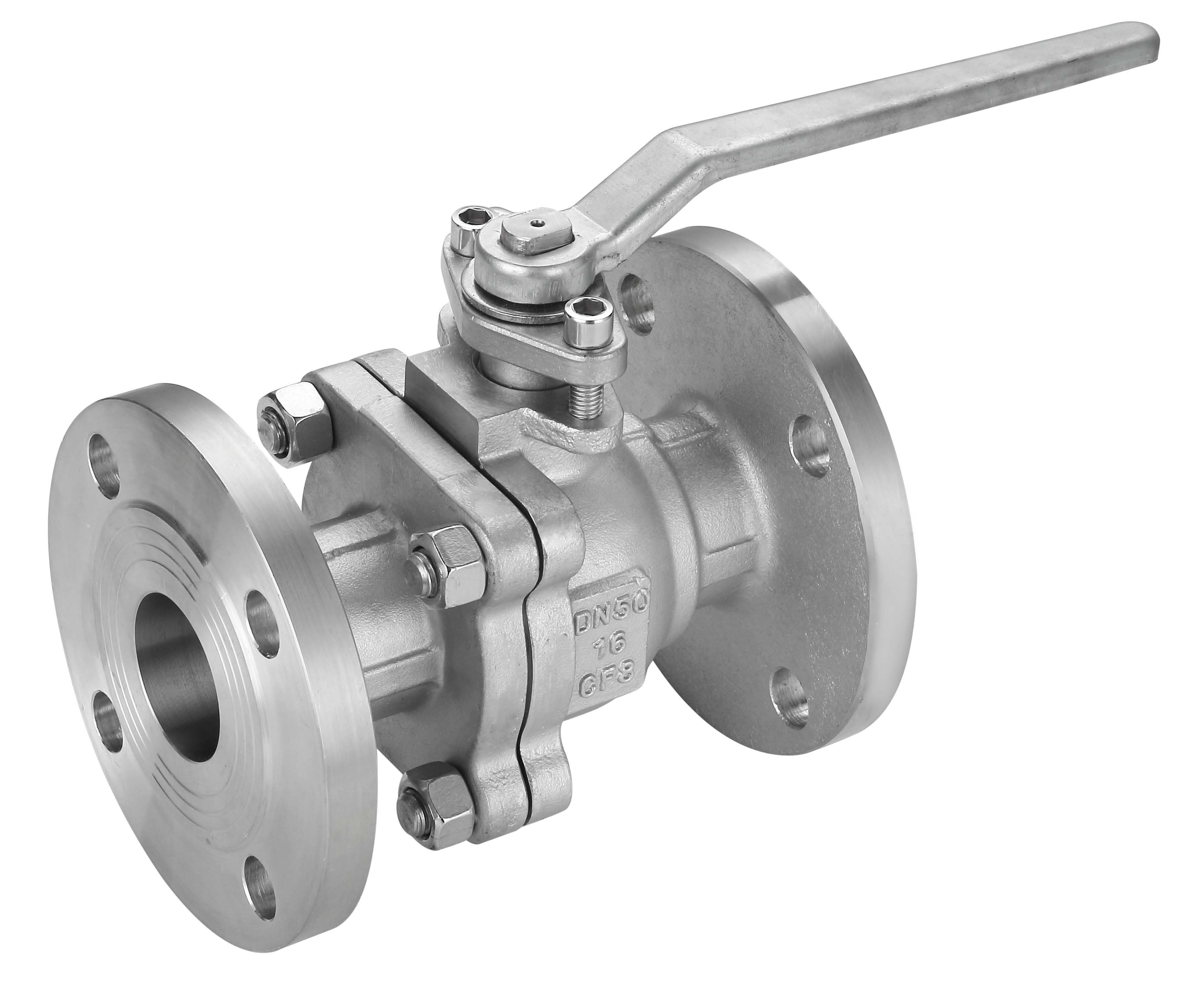solenoid valve 220v ac
Understanding the 220V AC Solenoid Valve Functionality, Applications, and Benefits
Introduction
A solenoid valve is an electromechanical device that controls the flow of fluid or gas in various systems. Operating with an electromagnetic coil, these valves are essential components in many industrial and consumer applications. This article focuses on the 220V AC solenoid valve, emphasizing its functionality, applications, benefits, and installation considerations.
What is a Solenoid Valve?
A solenoid valve consists of a coil and a movable plunger within a sealed body, allowing it to regulate fluid flow. The electromagnetic coil generates a magnetic field when energized, causing the plunger to move. This movement opens or closes the valve, either allowing or stopping the flow of the medium.
The classification of solenoid valves can vary, with two common types being normally closed (NC) and normally open (NO) valves. NC valves remain closed when de-energized and open when energized, while NO valves function oppositely.
220V AC Solenoid Valves
The 220V AC designation indicates that the solenoid valve is designed for alternating current (AC) applications at a voltage of 220 volts. This specification is widely used in many regions around the world, making 220V AC solenoid valves particularly prevalent in residential, commercial, and industrial applications.
Functionality
When a 220V AC solenoid valve is supplied with power, the electromagnetic coil activates, causing the plunger to either open or close the valve. The speed of this operation is typically fast, allowing for rapid switching between open and closed states. This quality is crucial for applications requiring precise control over fluid flow.
Applications
1. Irrigation Systems Solenoid valves are extensively used in automated irrigation systems for agricultural and landscaping purposes. They allow for remote control of water flow, ensuring efficient water management.
2. HVAC Systems In heating, ventilation, and air conditioning (HVAC) systems, solenoid valves regulate refrigerant flow, contributing to the efficient operation of air conditioning units and heat pumps.
3. Industrial Automation Many manufacturing and processing plants utilize 220V AC solenoid valves in automated systems to manage the operation of pumps, cylinders, and other machinery.
solenoid valve 220v ac

4. Water Supply Solenoid valves are employed in various water supply systems to control the flow of water, especially in applications that require automatic shut-off features.
Benefits of Using 220V AC Solenoid Valves
1. Reliability Solenoid valves are known for their reliability and durability. They can operate effectively over a long period with minimal maintenance.
2. Efficiency High-speed operation allows for quick response times in controlling fluid flow, making them suitable for applications requiring precise timing.
3. Easy Integration The compatibility of 220V AC solenoid valves with existing electrical systems makes them easy to integrate into various setups, whether new or retrofitted.
4. Remote Operation These valves can be controlled remotely with automation systems, enhancing convenience and functionality.
5. Cost-Effective In many applications, the efficient operation of solenoid valves can lead to significant cost savings by reducing waste and improving system performance.
Installation Considerations
When installing a 220V AC solenoid valve, a few considerations should be taken into account
- Wiring Proper wiring is essential to ensure safety and functionality. Always adhere to local electrical codes and regulations. - Orientation Some solenoid valves can be installed in various orientations, while others have specific requirements. Be sure to check the manufacturer's guidelines. - Pressure and Temperature Ratings Ensure that the valve is rated for the specific pressure and temperature of the application to avoid failure.
Conclusion
The 220V AC solenoid valve is an invaluable component across a range of industries, offering precise control over fluid and gas flow. With its reliability, efficiency, and ease of integration, it plays a crucial role in modern automation and control systems. Understanding the functionality and applications of these valves can aid in making informed decisions for engineers and technicians alike. Whether in irrigation, HVAC, or industrial processes, 220V AC solenoid valves remain a fundamental part of efficient fluid management solutions.
-
3-types-of-check-valves-maintenance-tipsNewsAug.23,2025
-
ball-valves-types-with-trunnion-mounted-designNewsAug.23,2025
-
butterfly-valve-company-production-capabilitiesNewsAug.23,2025
-
fisher-globe-valve-technical-specificationsNewsAug.23,2025
-
types-of-gaskets-for-flanges-selection-guideNewsAug.23,2025
-
wedge-gate-valve-suppliers-quality-standardsNewsAug.23,2025
-
Breakthrough in Domestic Low Temperature Valve Technology in ChinaNewsAug.18,2025




